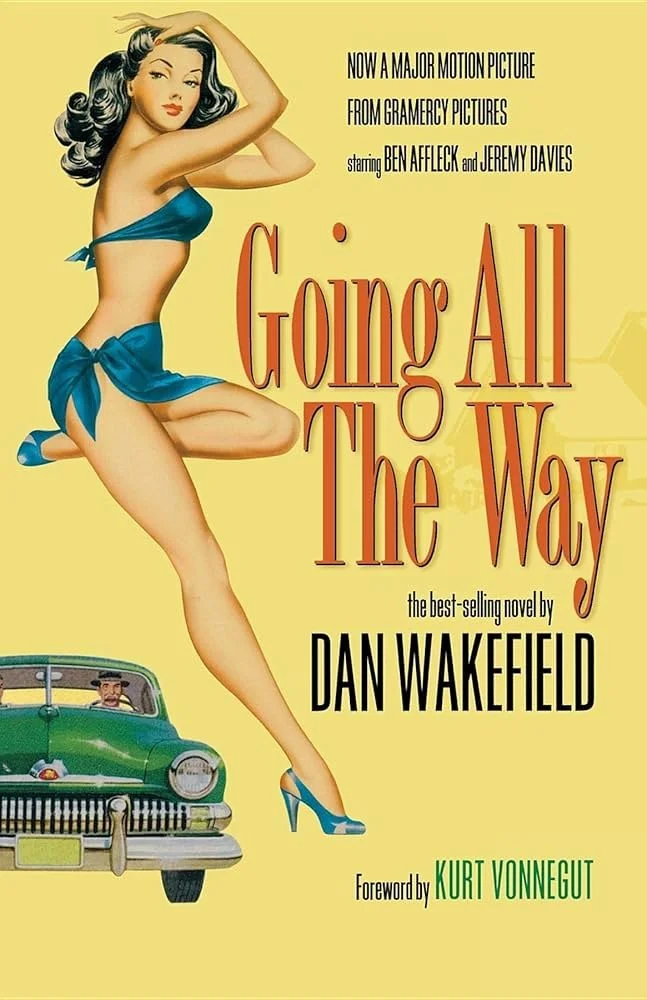Kurt Vonnegut
Kurt Vonnegut (1922-2007), whose critical and world-changing experience occured during World War II in the fire-bombing of Dresden, was a comprehensive chronicler of the United States of America from that famously (or notoriously) balanced midwestern perspective. Vonnegut was born and raised in Indianapolis, Indiana. He went to Cornell University for a time, became an editor on the Cornell Daily Sun, but left his formal education to join the Army during WWII. He was captured and made a prisoner of war during the Battle of the Bulge. He miraculously survived (he would have objected to the adverb) the bombing of Dresden, an event conveyed in his most famous novel, Slaughterhouse-Five, or the Children’s Crusade (1969).
He began writing with a purpose after the war, beginning in the poor-cousin field of science fiction, which had the freedom and critical distance that suited him, the marginalized outsider elevation to toss his satirical stones at the glass hothouse of postwar America. He won awards, he gained mainstream notice, but it took the Vietnam War and the embrace of a protest counterculture to make this outsider secure finanacially and artistically. He was a strong and unapologetic heart-of-the-country voice, a 20th Century Mark Twain without the fits of nostalgia. He thrived on irony and the acrid whiff of despair, but he was stubborn about the critical voice. He never gave up on it, no matter how clearly and devastingly he wrote that nothing was worth saving.
When he died in 2007, Lev Grossman in Time magazine summed up what was beginning to dawn upon us all:
“Vonnegut's sincerity, his willingness to scoff at received wisdom, is such that reading his work for the first time gives one the sense that everything else is rank hypocrisy. His opinion of human nature was low, and that low opinion applied to his heroes and his villains alike – he was endlessly disappointed in humanity and in himself, and he expressed that disappointment in a mixture of tar-black humor and deep despair. He could easily have become a crank, but he was too smart; he could have become a cynic, but there was something tender in his nature that he could never quite suppress; he could have become a bore, but even at his most despairing he had an endless willingness to entertain his readers: with drawings, jokes, sex, bizarre plot twists, science fiction, whatever it took.” (Time, April 12, 2007)
Going All the Way
Going All the Way
. . . a passionate and tormented novel about the summer of 1954 as it transpired in the lives of two young Korean War veterans returning to their Indianapolis homes. . . . it is possible that the current publishing season will produce no book more urgently felt." —New York Times Book Review, August 9, 1970
"A brilliant book." —John Ciardi
"Wonderful, sad and funny; a scathing portrait of middle America through the eyes of a new fictional character who will inevitably be compared to Portnoy and Holden Caulfield." —Gay Talese
Noted author Dan Wakefield's most famous novel seethes with pent-up frustration and confusion and nearly every episode bubbles with hilarity. This novel of the 1950s so perfectly captures its time and place that it transcends the specific and becomes universal—a true classic of American literature.
Foreword by Kurt Vonnegut.

